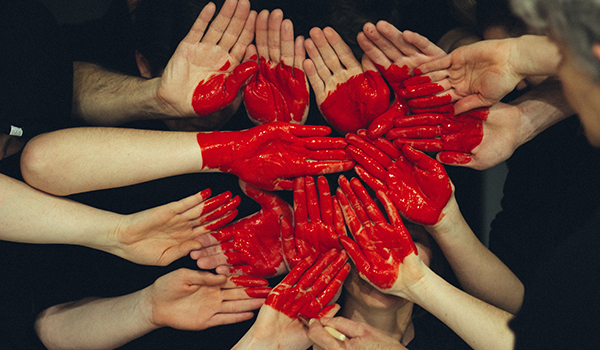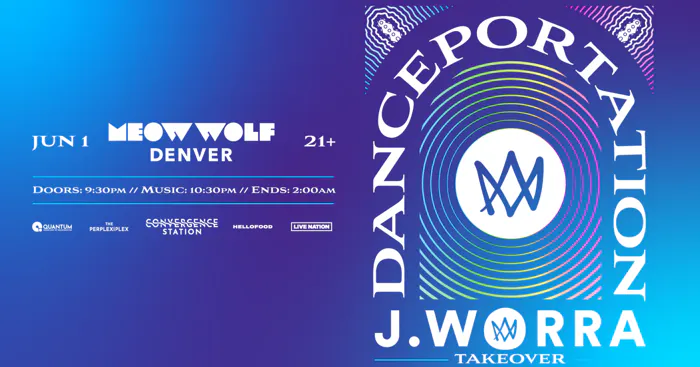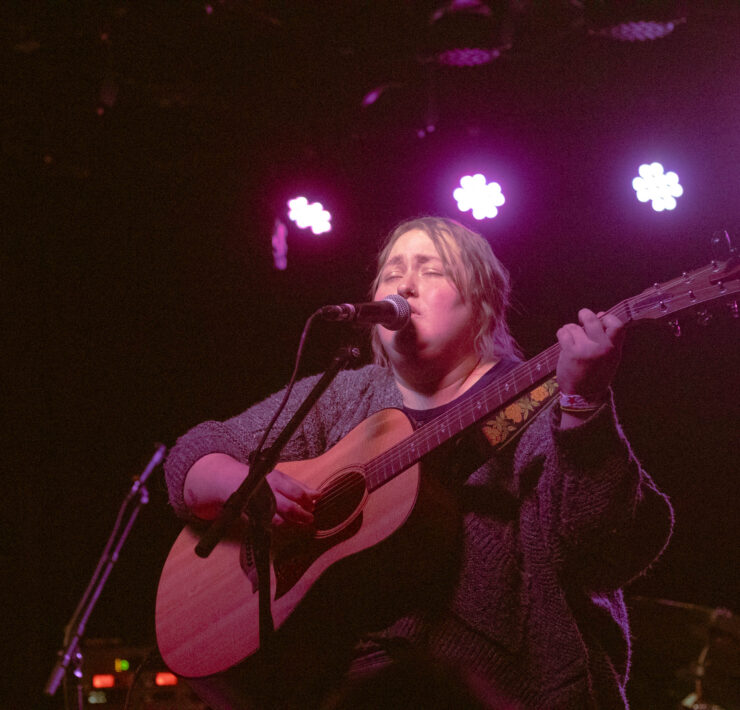The Importance of ‘Safe Spaces’ Right Now

In a frightening political moment, it seems only normal that individuals crave the occupancy of safe spaces.
Yes, try to be conscious of others. Yes, be open-minded to differing voices. Yes, pay attention to the world outside your (liberal) bubble. Yes, listen, and yes, educate. But please take time to care for yourself.
The search and aim to create safe spaces has grown an extra importance lately. Not because craving this space is anything new for many, but because a variety of people suddenly feel threatened where they once believed they were surrounded by like-minded individuals.
As the traffic light strikes a hard green arrow to really speak our minds, the anti-this and pro-that have reemerged.
Amongst friends, at the family dinner table, in the classroom, at the office … hateful conditions have been validated by the highest power, and individuals suffer the consequences each and every day. The old “safe space” feels like a distant illusion.
At the Women’s March in Denver last month, a queer couple held signs that read: “girls love girls and basic human rights” and “love is love, black lives matter, climate change is real, and immigrants make America great.” As others passed them and joined in celebrating their sentiments, the two handed out stickers that read “safe space,” and thanked them for sharing in theirs.
But what really is a “safe space,” and how can that be contained? Is it the promise to recognize all people for every part of their being, or to protect against the language that might suggest otherwise?
“A safe space accepts every possible student that can walk into your room,” Erin Guertin, a student teacher at Centaurus High School in Lafayette, Colorado, said. “Whatever your race is, whatever your sexuality is, whatever your religion is, whatever your whatever is, you are safe in this classroom because you are my student.”
Erin emphasized the responsibility of the teacher to instill a feeling of safety for her students, while the couple at the rally defined their own safe space through resistance and conversation.
“At a university level, I’d hope the idea of ‘safe spaces’ is both unsurprising and commonplace, but maybe it’s not,” Gil Asakawa, Manager of Student Media at the University of Colorado’s College of Media, Communication and Information, said. “I think of safety not as just a specialized ‘lounge’ area, but a concept of social interactions that can be anywhere on campus — the classroom, cafeteria, dorms, open spaces — where people can be their authentic selves without fear or self-consciousness. If we can achieve this personal freedom, we’ll know the world is a safer place.”
It’s an important sentiment, but how do you protect yourself when it is impossible to predict how one might behave?
Emma Presley, a Women and Gender Studies and Political Science student at the University of Colorado at Boulder, believes that brave spaces might be easier to attain than safe spaces.
“Discussing issues queer communities face, like violence against trans women of color or LGBT youth homelessness, is inherently unsafe,” Emma said. “I think it’s important that when we talk about ticketing social justice issues, we emphasize bravery rather than safety.”
Perhaps this bravery is something that must be practiced on an individual level as we go out into the world and endure moments of love and hate that can easily sway our emotions.
And when we’re home, there is no doubt that even in our private spheres we can be influenced, interested, and offended.
We are living in an undoubtedly media driven society. While engaging in productive conversation is essential in divided communities and a heavily divided nation, not all of these conversations are meant for the Internet’s abyss.
There is plenty to learn from healthy discourse, even if that means participating online. But, without treating it like a hunt, you are entitled to the safety of your social media pages. There are very few spaces one can actively edit.
Do not turn a blind eye, but be sure to pay attention to the space you might need away from the madness that harms your race, your gender, your sexual orientation, and your perfect, individual self.










